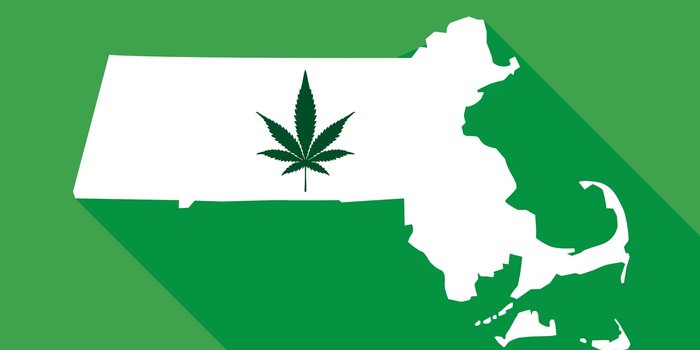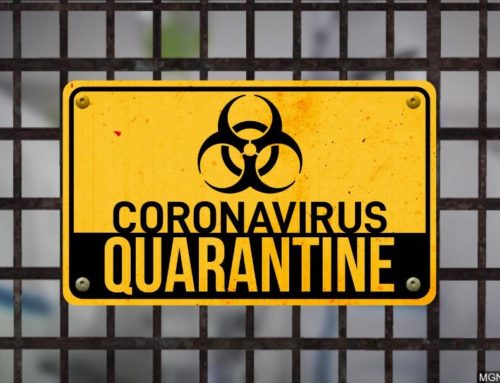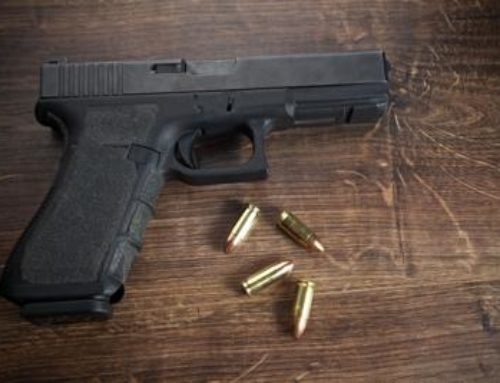It’s been an exciting time in the cannabis world over the past few years. The legalization of medical and recreational marijuana has been expanding more and more around the country. In Massachusetts, cannabis was legalized in November 2016 and the much anticipated opening of recreational pot shops launched 2 years later on November 20th and the sales have been tremendous!
The first commercial cannabis shops in Massachusetts sold more than $2.2 million worth of marijuana products during the first five days they were open for business. The stores in Northampton and Leicester began operations on Nov. 20 and combined sold $440,000 worth of cannabis that day. The busiest day so far was Friday after Thanksgiving when the stores reported nearly $480,000 in gross sales. Sales hit $2.6 million in sales during the second week of sales, according to figures released by the state’s Cannabis Control Commission. Data also shows that since Massachusetts’ recreational marijuana market launched there have been just over $4.8 million in sales at the two stores that were allowed to open, Boston.com reported.
Clearly, the cannabis industry has taken off as proven by the sales and increase in popularity. There is becoming less stigma and more acceptance as cannabis seems to be taking the world by storm. The regulations and laws surrounding cannabis are obviously changing and shifting as well. At Schulze Law, we’re staying on top of the latest news and updating you with current rules and regulations to keep you informed and safe.
Today, we’re updating the blog with commonly asked questions and the most updated laws in Massachusetts so you can safely and legally know what is happening in the cannabis community. Please let us know if you have any questions you would like answered!
Q: How does Massachusetts tax marijuana?
A: Massachusetts taxes marijuana sales at a combined 17 percent rate, and cities and towns can command a local sales tax of up to 3 percent. The 17 percent state tax is comprised of a sales tax of 6.25 percent and an excise tax of 10.75 percent. Medical marijuana remains tax-free.
Q: How much money will Massachusetts bring in?
A: The Massachusetts Department of Revenue has estimated that the state could collect anywhere between $44 million and $82 million in marijuana tax revenue in the fiscal year of 2019, which began this past July. DOR Commissioner Christopher Harding, said his department expects that the marijuana industry could bring in between $93 million and $172 million in the 2020 fiscal year, which begins next July. That suggests the state is forecasting up to $1 billion in overall retail pot sales in coming years.
Q: Where does the tax money go?
The money from the 6.25 percent sales tax on marijuana goes into the state’s general fund, pooled and spent however lawmakers choose just like other sales tax revenue. However, it works a little differently for the 10.75 percent excise tax. Revenue from the excise tax — as well as non-tax revenue, like business application and licensing fees — goes to a newly created Marijuana Revenue Fund, where it is first used to cover the operating expenses of the Cannabis Control Commission, the regulatory agency that governs and oversees the state’s marijuana industry. According to the CCC, those efforts include public awareness campaigns; public and behavioral health, including “evidence based” substance abuse prevention and treatment, as well as local grants for youth education; public safety; municipal police training; and the state’s existing Prevention and Wellness Trust Fund.
Q: How much marijuana is legal to possess?
A: You can have up to 1 oz on you and up to 10 oz in your home. You can grow up to 6 plants in your home, and up to 12 plants for 2 or more adults. If you have more than 1 oz of marijuana in your home, it has to be locked up. We recommend keeping any amount locked away if you have kids or pets to keep safe.
Q: What does Massachusetts law say about driving and marijuana, now that it’s legal in the state?
A: Driving under the influence of cannabis is still strictly prohibited. Driving while under the influence of marijuana is illegal and remains punishable under the same state laws against getting behind the wheel after drinking alcohol or taking other drugs. Like alcohol, you can’t have an open container of any form of marijuana in the passenger area of your car while on the road or at a place where the public has access. It must be stored in a closed container in your trunk or a locked glove compartment.
Q: How old do you have to be to buy recreational marijuana?
A: Marijuana is illegal for anyone under 21. But, Massachusetts residents as young as 18 (or even younger, under special permissions) are eligible to register as patients in the state’s medical marijuana program. Generally, if you can’t legally drink a beer, you can’t legally buy marijuana. When entering a dispensary, the dispensaries are legally required to check the identification of customers for proof of their age, so bring a driver’s license, passport, or other valid form of ID. Medical patients who are under 21 will also have to bring their medical marijuana card to be allowed inside at dispensaries that sell both adult-use and medical marijuana. You won’t be able to get in the door without showing proof of age.
Q: Can you purchase marijuana if you are not a Massachusetts resident?
A: There’s nothing that says out-of-staters can’t buy recreational marijuana in Massachusetts.
But…
Q: Can you travel across state borders with marijuana?
A: No. Federal law prohibits people from taking the drug across state lines — even over the border to Vermont, where adult marijuana possession is also legal.
Q: What and how much can you buy?
A: Retail shops can’t sell more than one ounce of marijuana flower or five grams of concentrate to a person in a single purchase. One ounce is also the maximum amount of flower individuals are legally allowed to have on them in public, though you can possess up to 10 ounces at home. The five-gram limit on sales also stands for edibles and other cannabis-infused products (eight grams of concentrate is the rough equivalent of one ounce of flower). There are also dosage limitations on the sales of edibles. A single serving cannot have more than 5 milligrams of tetrahydrocannabinol, or THC, the primary psychoactive in marijuana that gets you high.
Q: Can dispensaries sell medical and recreational marijuana?
A: Yes, dispensaries can sell both adult-use and medical marijuana — which, at least initially, will be almost all of them — are also required to provide distinct areas for recreational and medical sales, separated by at least a temporary physical barrier. There must also be separate lines for adult-use and medical sales (though medical marijuana card holders are still allowed to use either line).
Q: Can I pay cash or card at dispensaries?
A: Some medical dispensaries currently accept debit cards. Eventually they plan to do so the same for recreational sales. For now the safest advice is to bring cash.
Q: Can you consume cannabis in public?
A: At this point in time, legal cannabis consumption is limited to private residences only. It is still illegal to consume in public. This includes public transportation, parks, schools, sidewalks and more. Please use discretion. Also, if you have roommates or a landlord who doesn’t want you smoking there, you might be out of luck. Landlords can place restrictions on whether you can smoke in your home, just like they can with cigarettes.
Q: What’s the deal with federal law?
A: Although Massachusetts allows medical and recreational marijuana, the federal government does not. This makes things a bit tricky. Call or email us with any questions.
Q: What do I do if I get too high?
There’s little doctors can do to reverse the effects of cannabis. Breathe, relax, and try not to make any life-altering decisions. It’s possible to be uncomfortably high (and therefore extremely anxious), one cannot physically “overdose” on cannabis — the drug isn’t acutely toxic.
For more information about the regulations that govern what you can and can’t do, how much you can grow and have, and when and where it’s okay to use, visit the Cannabis Control Commission or call Schulze Law.
Also- more and more states are moving to clear marijuana misdemeanor convictions. While some states are introducing bills that seek to release prisoners convicted of certain types of marijuana crimes. If you have any questions about marijuana convictions or charges, we can help.
CALL NOW: 857-300-5300
Emergency After Hours Number: 800-894-9267 XLAW1 (5291)
https://www.mass.gov/
https://www.bostonglobe.com/
https://www.boston.com/
https://www.leafly.com/






